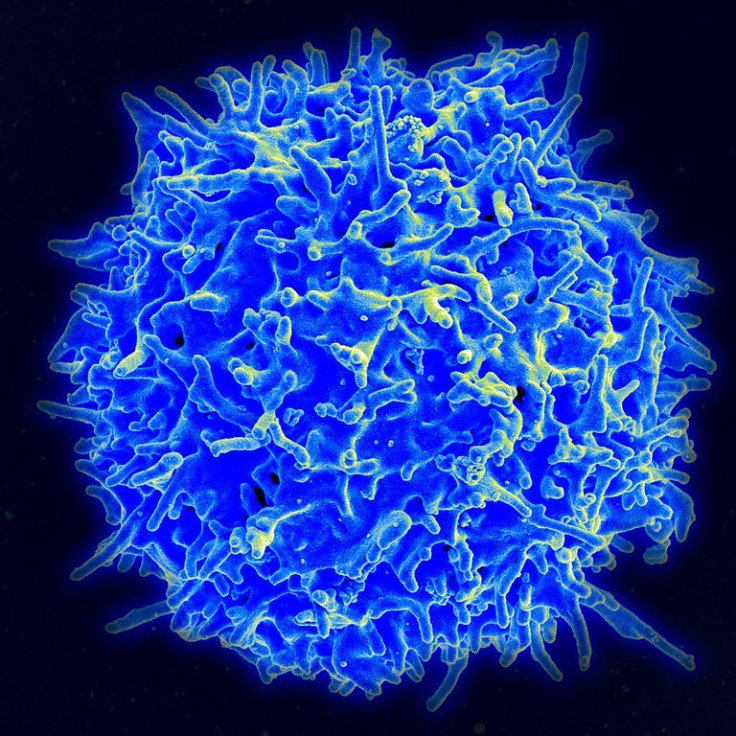Allergies And Autoimmune Disease Could Share Common Genetic Cause: BACH2 Mutations

A slew of allergic and autoimmune diseases, from asthma to celiac disease, could be associated with an altered BACH2 gene, a new study finds.
Scientists at the National Institutes of Health revealed that changes to the BACH2 gene may have an impeding effect in regulating the immune system. They published their findings online June 2 in Nature.
"Using genome-wide approaches we were able to map the action of Bach2 across all genes," said John O'Shea, scientific director of National Institute of Arthritis and Musculoskeletal and Skin Diseases (NIAMS). "This enabled us to gain a clearer understanding of Bach2's key role in the immune system."
Researchers still face challenges in stopping autoimmune diseases, from implementing screening programs to targeting environmental factors like toxins or viruses that prompt disease. But spotting genetic patterns - among the most vexing tasks - finally has an outlet now that the BACH2 gene has been linked to numerous autoimmune disorders.
The researchers analyzed genome-wide association studies, which traced variants of a gene to traits. In this case, the DNA from patients with autoimmune disorders, such as asthma, Crohn's disease, celiac disease, and type I diabetes, revealed minor revisions of the BACH2 gene.
When the team studied mice that had the gene removed, they found that the cells were foraying the mice with inflammatory responses that led to death within the first few months of life. However, when they re-inserted the gene into the cells lacking BACH2 in a procedure known as gene therapy, the rodents' regulatory responses returned to normal.
"The loss of the Bach2 gene in [white blood cells called CD4+T] cells caused them to become inflammatory, even in situations that would normally result in the formation of protective regulatory cells," said Kiyoshi Hirahara, NIAMS researcher.
In the immune system, CD4+T cells could either activate or limit immune responses, including inflammation. But in an individual with allergic and autoimmune diseases, the system is unable to control these responses and could lead to excess inflammation, which results in tissue and organ damage and in some cases death.
Crohn's disease is a chronic condition that causes the digestive tract, mainly the intestinal tract, to become inflamed. It's manageable, but leads to cramping, bleeding, and diarrhea, according to Boston Children's Hospital.
The consequences of an altered BACH2 gene also explains cancer's ability to prevent cell destruction when working with regulatory T cells and its ability to initiate anti-tumor immune responses.
"Although genes have been found that play specific roles in either inflammatory cells or regulatory cells, Bach2 regulates the choice between the two cell types, resulting in its critical role in maintaining the immune system's healthy balance," said NCI principal investigator Nicholas P. Restifo. "It's apt that the gene shares its name with the famous composer Bach, since it orchestrates many components of the immune response, which, like the diverse instruments of an orchestra, must act in unison to achieve symphonic harmony."
Source: Roychoudhuri R, Hirahara K, Mousavi K, et al. BACH2 represses effector programs to stabilize Treg-mediated immune homeostasis. Nature. 2013.



























